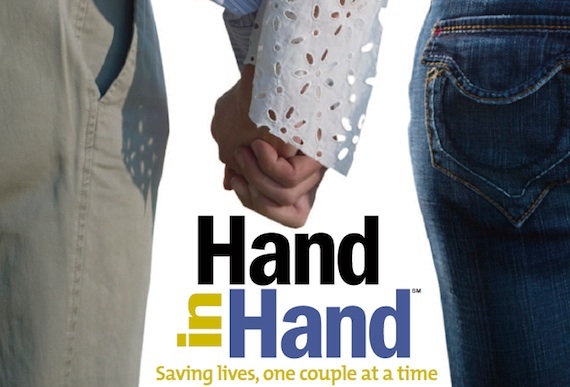Marketing healthcare to men part 2
How to get men to the doctor for preventive care
While the gender roles are shifting, causing men to get more involved in their family’s health (see Gearing Healthcare Messages to Men), there’s still a large number of men who don’t take an interest in their wellbeing.
A recent study conducted by Mayo Clinic and Aviva USA found that in a survey of more than 2,000 adults in the United States, 66% of men reported that they are stressed, and 45% of men reported weight gain over the past 10 years. What is really interesting is that of that same group, 80% reported that they consider themselves to be in good to excellent health.
High stress and weight gain are considered health risk factors, but men tend to avoid going to the doctor. Dr. Philip Hagen, medical director of Mayo Clinic EmbodyHealth and vice chair of the Division of Preventive and Occupational Medicine at Mayo Clinic said, “Studies have found that, on average, men tend to push off doctor visits longer than women, often avoiding going to the doctor until a major health problem arises.”

Memorial Hospital in South Bend, Indiana, is encouraging preventive care through the use of a date night program called Hand in Hand. Hand in Hand educates couples about the risks of gender-specific cancers and offers free prostate and breast cancer screenings.
Going for a cancer screening with your significant other helps to reduce anxiety; paired with music, wine, cheese and chocolate, Memorial Hospital provides an easy, painless way to manage your health.
But what about men not in couples? Incentives can’t hurt. What if you raffled off a new set of golf clubs or a fishing trip, but the only way men can enter is if they come in for a prostate cancer screening? If you can get men to attend a screening once, it may be easier to get them to come back.
What does your hospital or physician group do to get men to schedule their routine screenings and physicals?
